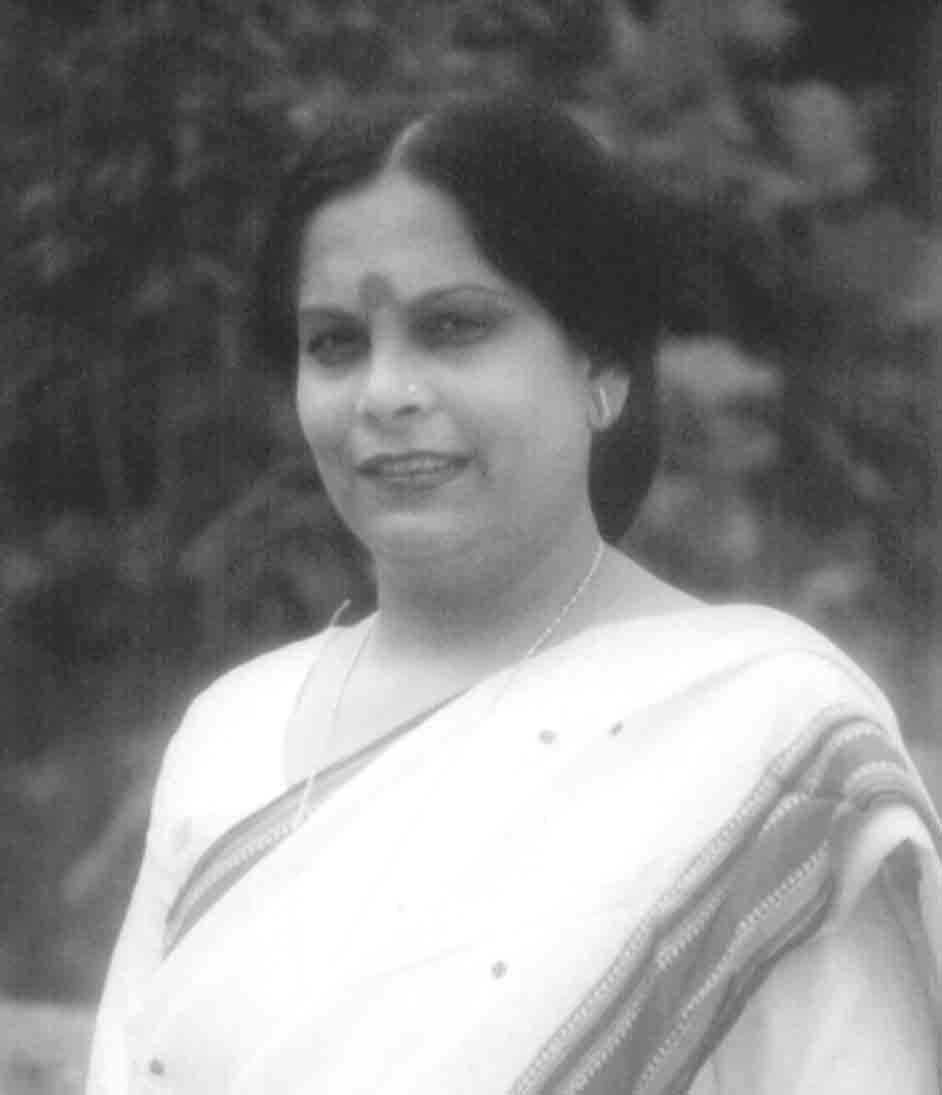Nursing students of an institute run by the wife of a Madhya Pradesh government minister are receiving clinical training at Damoh district hospital throwing to the wind all norms of accountability for patient welfare
Ever heard of a memorandum of understanding (MoU) being prepared and signed by the benefactor, but the beneficiary considering it below her dignity to sign it? This has happened in BJP rule in Madhya Pradesh, where the beneficiary is the high-profile wife of an important minister and a leading light of the ruling party on her own right.
It is not an MoU about routine business. It puts all the facilities of a government hospital, including its patients, at the mercy of nursing students of an unrecognised nursing institute with the promise that the hospital will not make any claims for the loss or injury to any property or person by the learners. The day the MoU is signed, it would be presumed that the hospital had been indemnified in full for any future occurrence or mishap.
Dr Sudha Malaiya, a BJP leader, historian, archaeologist, journalist, painter, Bharat-Natyam performer and the wife of minister of industry and commerce Jayant Malaiya, started the Ojaswini Institute for Nursing Science and Research at Damoh in 2006 and entered into an MoU with the district hospital of Damoh for the use of all the government facilities by falsely claiming that her institute was affiliated to the Dr Harisingh Gour University of Sagar.
The two-page MoU was signed by Dr Ashok Jain, civil surgeon and chief superintendent of Damoh district hospital and also by two witnesses (as required) but not by ‘chairperson’ Dr Sudha Malaiya. The district hospital promised, through the MoU, to Dr Malaiya’s institute the use of all its facilities for clinical training and teaching by the state government and the Sagar University (despite the latter having clarified that it had nothing to do with the Ojaswini Institute).
The hospital further promised to allow the use of not only the physical facilities but also the patients for the training of the institute’s students. The hospital was not to make any claim in case of any loss or injury caused to any property or person, including the patients of the hospital, by any of the students of the Institute…and that “it will be presumed that the first party (Institute) has indemnified in full and final to the second party (Hospital) for any act or deed of the first party and its students as soon as this MoU is signed”.
The hospital was not to cancel or withdraw or postpone or rescind its permission to use any facilities by the institute without prior concurrence and permission of the university/state government. What was more, the MoU assured the Institute to develop, change or alter its facilities as per the requirements of the institute’s nursing students preparing for the bachelor’s degree. In addition to charging heavy fees to the students, this unrecognised institute of Dr Sudha Malaiya was given a government grant of Rs 22 lakh on April 11 last year.
What happens to the hapless students when they pass out of this institute and find that the degrees they have received after spending so much money are not being recognised is anybody’s guess. This nursing institute is not the only venture of Dr Sudha Malaiya. She also runs the Ojaswini Institute of Management and Technology at Damoh and claims through brochures and handbills (to attract the gullible) that this institute, too, is affiliated to Sagar University.
However, Sagar University had made it clear to Santosh Bharati, a journalist-activist of Damoh, that neither of the two institutes is affiliated to the University of Sagar. Bharati had sought the information under the provisions of the Right to Information (RTI) Act, which is proving quite an effective tool to expose scams.
Not on the list
There are about 500 nurses training centres in India which admit nearly 10,000 students every year. Training in nursing is generally given in institutions attached to hospitals. While Indian Nursing Council (INC) recognizes 125 such nursing colleges in Kerala, including government-run ones, in Madhya Pradesh it recognizes just two, both in Indore. Ojaswini is not one of them.
Nursing training is a combination of theory and practice. During the period of training, nursing students are given practical instruction by senior ward staff. Their work is organized and supervised by nurse-tutors. They also attend lectures by specialists in various fields of medicine and some days may be totally devoted to study and lectures on various aspects of medicine and nursing. During the training period, nurses get hands-on experience in all hospital departments. Gradually, they are entrusted with more responsibility so that they can easily make the transition from training to taking full responsibility.
Candidates for nursing courses should have passed their SSLC or equivalent examination, preferably with physics, chemistry and biology. There are B.Sc. (nursing) degree courses lasting for four years and General Nursing and Midwifery (GNM) diploma courses lasting for three years. The minimum age of admission is 17 years.
Each state has it own organization for the registration of nurses. After the successful completion of training, a nurse should register her name with the State’s Nurses Council to be eligible for employment.
 Sudha Malaiya
Sudha Malaiya